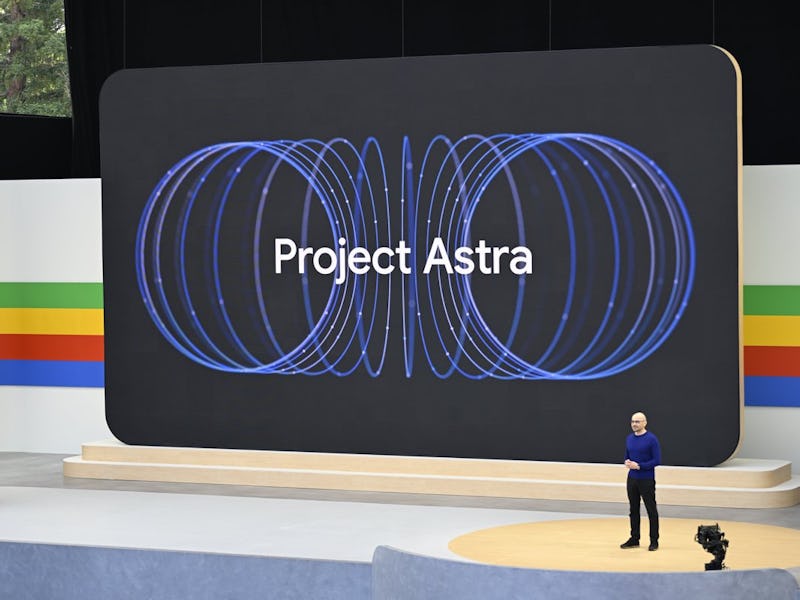Someone Made a DIY Version of Google’s Most Exciting AI — and You Can Use It Right Now
Think of it like an appetizer for Project Astra.

Now that Google Glass could be back on the menu, we’re eager to see if Project Astra, Google’s new supercharged computer vision AI, can finally make smart glasses work. For now, however, Google hasn’t committed its prototype AI assistant to anything yet, much less a piece of hardware.
To scratch that itch in the interim, a designer created their own version that’s built using Google’s Gemini generative AI. Pietro Schirano, who’s previously worked at Uber and Facebook, introduced his take on a Google chatbot with vision capabilities called DIY-Astra. It’s not as capable as when compared to Google’s own Project Astra or even OpenAI’s GPT-4o demo, but it is a sneak peek into the potential of these improved AI chatbots.
Lightning Fast Responses
Schirano explained on X that he built DIY-Astra using Gemini 1.5 Flash, Google’s lightweight AI model that’s meant for speed and efficiency. It’s not as powerful as Google’s Gemini 1.5 Pro, but it’s better suited for things like chatbots and pulling data from documents.
DIY-Astra works by tapping into your live webcam feed to analyze what it’s looking at with the Google AI API. Then, it can generate text responses based on whatever it’s seeing, before reading its response out loud to you. From Schirano’s demo, DIY-Astra can handle basic tasks like identifying what it’s looking at through the camera. It can also understand a handwritten math problem, even offering the solution. That’s not groundbreaking for AI, but we’re impressed at how fast the DIY-Astra can understand the quickly-changing video feed and even Schirano’s less-than-ideal handwriting.
Early Access
Schirano’s DIY-Astra may not be as impressive as the real thing, but it is available now. The designer included all the instructions and files on a GitHub repository that’s open to anyone, but you may need some coding skills to build it. In the future, Schirano said on X that he’s planning to add the ability for voice commands, making it even more like Project Astra.
As for the real Project Astra, Google recently uploaded several demos showing off its prowess through a smartphone camera. There’s no set date on when Google’s prototype assistant will be released to the public, but the company vaguely hinted at Project Astra coming to its products later this year. Until then, at least we have DIY-Astra.